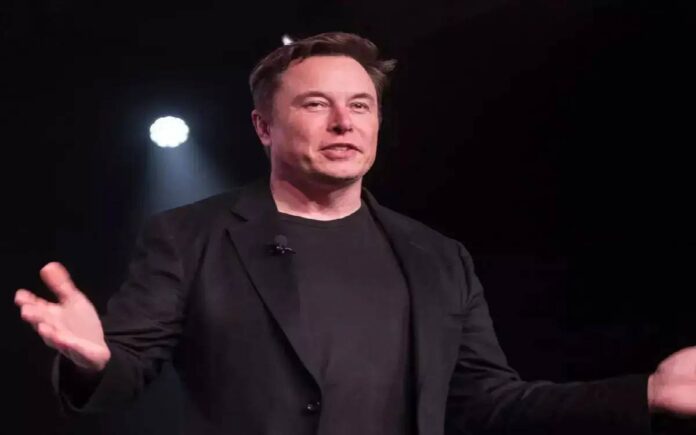New York: In a provocative statement that has stirred intense debate across tech and medical communities, Elon Musk has predicted that robots will surpass the skills of human surgeons within five years. The Tesla and SpaceX CEO made the claim in a recent post on X (formerly Twitter), highlighting rapid advancements in surgical robotics—especially those being developed by his brain-interface company, Neuralink.
Musk pointed to Neuralink’s surgical robot as a prime example, describing it as already performing procedures that exceed human capabilities in both precision and speed. The robot, designed to implant ultra-thin electrodes into the brain, performs delicate maneuvers that, according to Musk, even the most experienced human hands would struggle to replicate.
Robots will surpass good human surgeons within a few years and the best human surgeons within ~5 years. @Neuralink had to use a robot for the brain-computer electrode insertion, as it was impossible for a human to achieve the required speed and precision. https://t.co/ipPhQK8z1j
— Elon Musk (@elonmusk) April 27, 2025
“Robots will be better than human surgeons in 5 years” ,Musk posted, referencing the performance of Neuralink’s surgical robot.
Neuralink’s Role in the Surgical Robotics Revolution
Neuralink’s surgical robot is not only capable of implanting devices with extraordinary accuracy, but it also represents what Musk describes as the first step in a broader revolution—one where autonomous surgical systems could soon take the lead in medical operations. This bold vision suggests a future where robots are no longer mere tools in the hands of surgeons, but independent operators of life-saving procedures.
Still, this future is far from universally accepted.
Widespread Skepticism and Concerns
Musk’s prediction has received considerable backlash and skepticism. Critics questioned the social and ethical implications of automation in healthcare. One user on X wrote:
“What are all these people going to do for work”?—calling attention to the contradiction between Musk’s support for population growth and his enthusiasm for technology that could replace skilled professionals.
Others pointed out that today’s leading surgical systems—like the da Vinci Surgical System—are entirely human-controlled, not autonomous. One commenter clarified:
“Your comment makes it sound like current surgical robots can work autonomously. They can’t. We currently have zero fully autonomous surgical robots”.
Surgeons Weigh In
Veteran surgeons with hands-on experience in robotic procedures also chimed in. A gastrointestinal surgeon with over 2,400 robot-assisted surgeries under their belt noted that while robotics enhance precision, they are far from replacing human judgment:
“The robot refines the surgeon’s hand movements, but the decision-making is all human. Every anatomy, every pathology is different—it can’t yet be trusted to a machine”.
Neuralink’s Mixed Track Record
Neuralink, currently valued at around $5 billion, has made headlines both for its ambition and controversy. After initial pushback from the FDA, the company finally received approval for human clinical trials. In a recent milestone, Neuralink’s first implant recipient successfully controlled a computer cursor to browse the internet, post on social media, and play games—all using brain signals alone.
Musk has repeatedly claimed that Neuralink could one day treat a wide array of conditions—ranging from paralysis and blindness to depression, obesity, and schizophrenia. He’s even hinted at science fiction-like capabilities such as telepathic communication and direct brain-to-web interfaces.
Rising Competition: Synchron Inc.
While Neuralink attracts headlines, other innovators are pushing forward too. Synchron Inc., a direct competitor, is developing a less invasive brain-computer interface that doesn’t require penetrating brain tissue. The company is focused on helping individuals with motor impairments interact with computers, representing a different but equally important path forward in neurotechnology.
As the race toward robotic surgery and neural augmentation intensifies, Musk’s latest claim has reignited fundamental questions: Can machines really replace human intuition in something as delicate as surgery? And if so, what happens to the people those machines are replacing?



